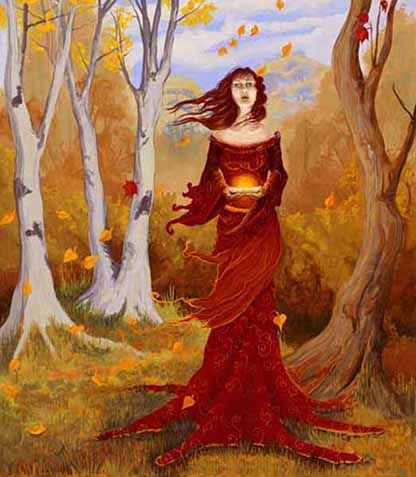History and Myth
- sococommin
- Aug 19, 2021
- 2 min read
I taught a college course on Feminist Theology which looked at the feminist influence on Christianity, Judaism, Islam and Paganism. I appreciated the recent post on Patheos from Mortellus where they discuss history and myth similar to how I discussed it in my course.
We can start by considering why we feel we need history to validate our religious stories and thus our religion. In my opinion, this need started with the Abrahamic faiths and is also found in the Asian religions. The Hebrews were supposed to be slaves in Egypt, a real place. Jesus, was said to live and die in a specific region of the Middle East. Muhammad is said to have lived and worked in a specific area of what is now Saudi Arabia. Buddha lived and was enlightened in a specific place and time. Pagan stories may be located in a specific place, but rarely argue that stories are history, except for modern Goddess stories about how patriarchy came about.
Archeology of the ancient times in areas of Israel have found that Biblical stories are not history and do not agree with the archeological record. There are good arguments that Jesus never existed as a person and there are no contemporary accounts of his life. All the stories of him were written at least 60 years after his supposed death. The early biographies of Muhammad are accepted as authentic, but their accuracy is not able to be validated. Modern Goddess stories, which are said to be based on archeology, have been severely criticized by the archeological community and even Marjia Gimbutas called her work archeo-mythology.
We have perverted the meaning of myth to indicate something that is not true, instead of seeing mythology as pointing in the direction of mystery or magic or showing us how to live or understand our world. We can discuss Gerald Gardner and his contributions to modern Wiccan, but does that change how we practice it. We might argue what Goddess statues from thousands of years ago actually meant to those who made them or we can encounter them ourselves and learn what they mean to us now. I understand the reflex that wants our religions to have a historical basis, but that is learned behavior on our parts. As Pagans, we can revel in the world as a magical place and enjoy the mysteries nature gives us and appreciate the humans who wrote stories to inspire us. As Mortellus says, we can all unite under the Pagan umbrella in this regard and celebrate all the ways we have found to practice our religion together, see none as more "authentic" than another. I'm more of the mind of the ancient Pagans of Greece, who went with what worked for them. If Goddess mythology works for you, go for it. If Traditional Witchcraft works for you, go for it. If Druidism works for you, go for it. If Heathenism works for you, go for it. If Eclectic Witchcraft works for you, go for it. If your own personal understanding of paganism works for you, go for it. As nature embraces all its diversity, so can our Pagan community thrive with all its variety.
So called Venus of Willendorf made around 25,000 years ago.






Comments